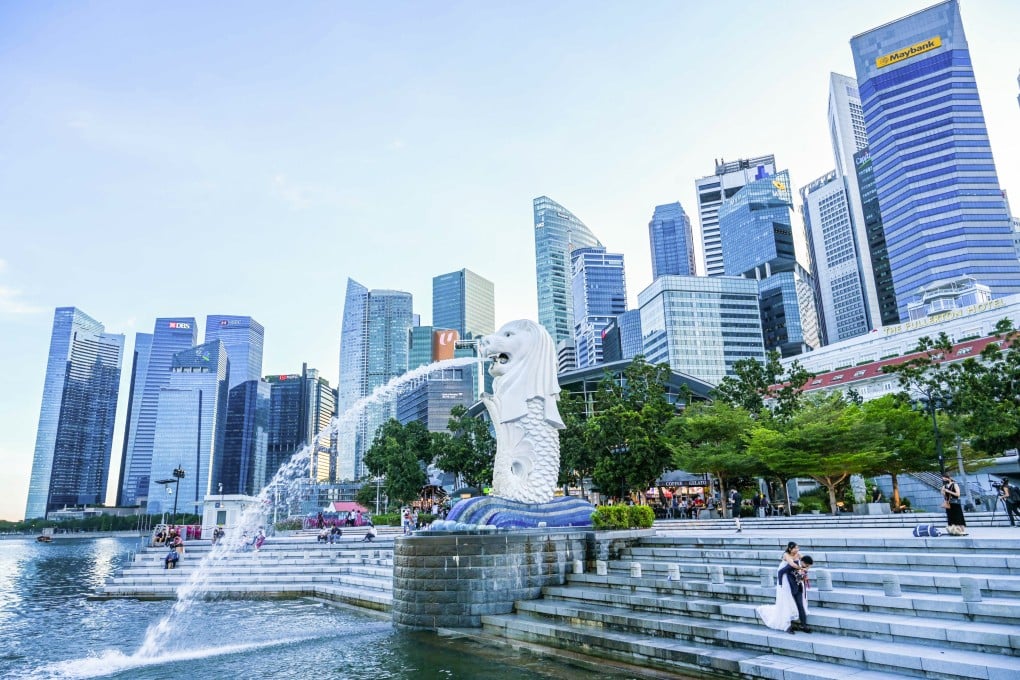Advertisement
Singapore’s red-hot property prices ‘under control’ amid record US$317 billion of inflows, says central bank chief
- ‘When a large sum of money comes in to any country, you should be worried about it,’ Singapore’s central bank chief said of the record inflows
- But the city state is well-equipped to handle the surge, he said, adding that in terms of regulation ‘there’s so much money coming in, you can choose’
Reading Time:2 minutes
Why you can trust SCMP
1

Singapore can absorb record inflows of new money, the central bank chief said, allaying concerns of a real estate bubble even as rents and prices surge to unprecedented highs.
The Asian financial hub attracted S$448 billion (US$317 billion) last year, 15.8 per cent higher than the previous year, the latest data from the Monetary Authority of Singapore show.
“When a large sum of money comes in to any country, you should be worried about it,” MAS Managing Director Ravi Menon said in an interview. One such concern is flows into the property market driving up prices. Rather than blocking money coming in, the regulator has imposed measures on the real estate sector to prevent overheating. “We’ve got that under control,” he said.

Singapore’s efforts to build an international wealth hub are paying off as the city enjoys a post-Covid resurgence, attracting investors drawn to its stability.
Assets managed by local firms soared 16 per cent in 2021 to US$4 trillion, mostly from overseas, exceeding the global growth rate. Investors from US hedge-fund titan Ray Dalio to Indian billionaire Mukesh Ambani are setting up offices to manage their personal wealth.
The housing market has defied a slump reported in other major markets including Australia, Hong Kong and Canada. As prices jumped 8 per cent in the first nine months – including a sizzling 14 per cent in the third quarter alone – the government took steps to cool the market. Landlords meanwhile are asking tenants for big rent increases, sometimes as much as double, when they extend leases.
The inflows, which are roughly three quarters of Singapore’s nominal gross domestic product, come on top of gains from higher asset prices last year, according to the central bank. The assets are helping to boost the financial hub as it seeks to add as many as 20,000 finance jobs over five years, in areas including wealth management and sustainable financing.
Advertisement